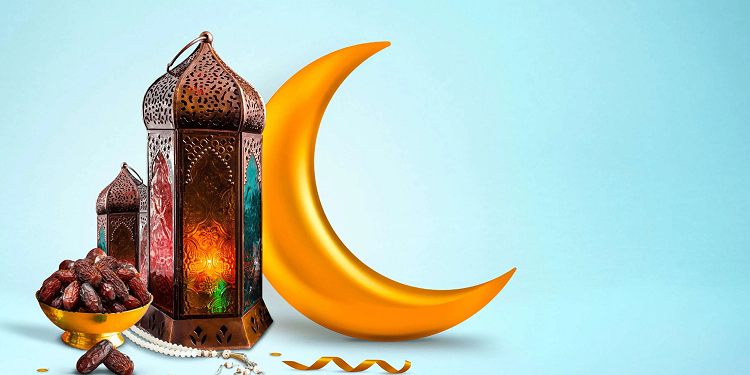Dubai, known for its modern architecture and rich cultural diversity, is immersed in an atmosphere of spiritual reflection and togetherness during the holy month of Ramadan.
It is especially important to understand and respect local customs and traditions during this time, whether you are a resident or a visitor to the city. Anyone interested can find out more on the https://world-arabia.com/articles/ramadan-etiquette-a-guide-to-respectful-observance-in-dubai/. Here you can find out more about how to spend Ramadan in Dubai and what this holiday entails.
History and Significance of Ramadan
Ramadan is the ninth month of the Islamic lunar calendar and has deep religious significance for Muslims around the world. It was the month that saw the first revelation of the Quran to the Prophet Muhammad and is considered a time of spiritual strengthening, introspection and increased communication within the community.
The history of Ramadan begins in the 7th century CE, when the Prophet Muhammad received the first verses of the Quran during the Night of Power. This event became a foundational moment in Islam and continues to serve as a guide for believers. Ramadan is one of the five pillars of Islam that form the basis of the faith. These pillars include:
- Shahadah — the testimony of faith.
- Salat — the obligatory prayers.
- Zakat — charity.
- Sawm — fasting during the month of Ramadan.
- Hajj — the pilgrimage to Mecca.
Key factors of Ramadan etiquette in Dubai
During Ramadan, strict fasting is observed from dawn to dusk. In the streets and public places of the city, eating, drinking and smoking should be avoided during the day out of respect for those observing the fast. Many restaurants and cafes are closed or have limited opening hours, offering special evening menus for iftar — the evening break of the fast.
It is important to remember that modesty in dress and behavior is also encouraged during Ramadan. It is recommended to wear closed clothes and refrain from loud conversations and entertainment in public places.
Ramadan is a time of increased charity and care for those in need. Muslims seek to enhance their spirituality through prayer, reading the Quran, and helping the poor. Many organizations and individuals in Dubai offer free iftars for the needy, and participation in such initiatives is encouraged. Understanding and respecting local customs and traditions during Ramadan will help you interact harmoniously with locals and better understand Dubai’s cultural wealth.












